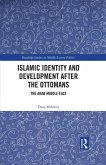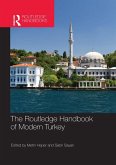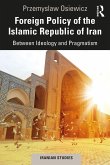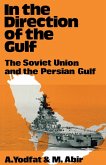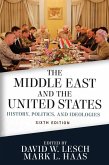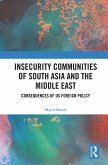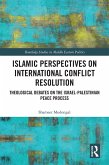Adopting a neo-Ottomanist framework, and using the latest scholarship on the Middle East, the author traces the historical development of the current crisis to the First World War, when the West instigated invasions, coup d'états, civil and proxy wars. It is argued that Western powers have facilitated the dispossession of the Arab people in their overarching aim to gain control of the oil fields. A range of historical case-studies are provided as evidence, from the Balfour Declaration and the Sykes-Picot Agreement to the creation of Israel and the displacement of Islamic refugees. Individual nations are also analysed, including Iran, Saudi Arabia, Iraq, Syria, Libya, and Egypt. Ultimately, the author suggests that artificial countries and unsustainable frontiers are the root causes of the Islamic crisis. However, a realistic (and long-term) solution may lie in the evolution of a new Silk Route Economy.
This book will appeal to graduate-level students in political economy, area studies, international affairs, and Middle East studies generally.
Dieser Download kann aus rechtlichen Gründen nur mit Rechnungsadresse in A, B, BG, CY, CZ, D, DK, EW, E, FIN, F, GR, HR, H, IRL, I, LT, L, LR, M, NL, PL, P, R, S, SLO, SK ausgeliefert werden.
Tareq Y. Ismael, University of Calgary, Canada
"The Arab Middle East has a long and complex history, an understanding of which is necessary for a full appreciation of the current situation. This book makes an important contribution to that process and gives important new insights."
Fraser Taylor, Carleton University, Canada
"By analyzing the legacy of the Ottoman Empire, Ozay Mehmet-a distinguished emeritus research professor of international affairs at Carleton University in Canada-presents an original perspective on the origins of the modern Middle East. Thus, this study offers a valuable complement to works that instead emphasize the heritage of Western imperialism. Stylistically well written and smoothly flowing, Professor Mehmet's wealth of insights range from earlier centuries up to the new Silk Road Economy, extending from Beijing to Istanbul, Turkish-EU relations, the war in Ukraine, and failures of democracy, among others. Highly recommended."
Michael M. Gunter, Professor of Political Science, Tennessee Technological University, United States



